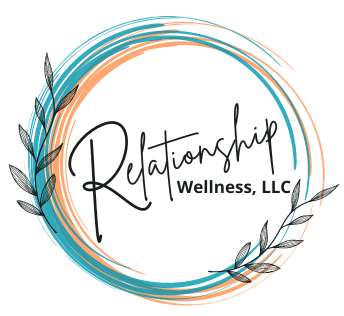Attitude Relationship Traps #4
. . . . And How to Avoid Them.
Leadership Attributes vs. Control Tendencies
Some who naturally have strong leadership skills also have difficulty with control issues within their own families. For others who are people pleasers, it’s easy to be “victims” of control. The power/control pattern out of balance is damaging in the long-run.
Recently, I didn’t think twice to do exactly what my mom told me to do as I was driving both of us to an event. Although, I would have chosen the highway for efficiency and directness, she told me to go the back way. I did what she said. We found ourselves inching along in heavy traffic.
I finally asked, “why did you want me to go this route?”
She said, “because I don’t like driving on the highway.”
“Oh,” I said.
I then realized, I’m the driver! She’s the passenger! She wanted me to go the back way because she didn’t like driving on the highway.
When I pointed that out, we both started laughing. As her grown daughter, I automatically took her orders unquestioningly! The reason it was so funny is because she experiences the same thing with her mom: takes her orders unquestioningly. . . until she figures it out a moment later.
I’ve been accused of coming from a family of matriarchs, meaning we have strong leadership among the women. I saw it in my great grandmother who led Adult Bible studies in her church at a time when women weren’t supposed to teach men!
Power/Control Patterns
The damaging part of control is when the people-pleaser of the pair develops self-doubt, worry, fear, and insecurity. The controller of the pair gets stuck in an illusion of power and false security. The relationship is not reciprocal or equal.
In my work with couples I’ve seen another side of the pattern. Controllers marry people-pleasers. If neither one recognizes it, one or both partners loose their sense of self while the other remains stuck in the illusion.
I’m glad my mom and I both recognized this dynamic. I told her I’m going to be assertive and go the way I want next time! We belly-laughed over it because it was so familiar!
We were able to respect the otherness of the other.
Overview
- Attitude of entitlement – replace with gratitude
- Attitude of being the truth-bearer – replace with listening
- Attitude of disregard – replace with honoring others
- Attitude of control – replace with otherness
- Attitude of being the victim
Questions to Ponder
- What do you identify with in this article?
- What power/control patterns have you inherited?
- What does “otherness of the other” mean to you?





